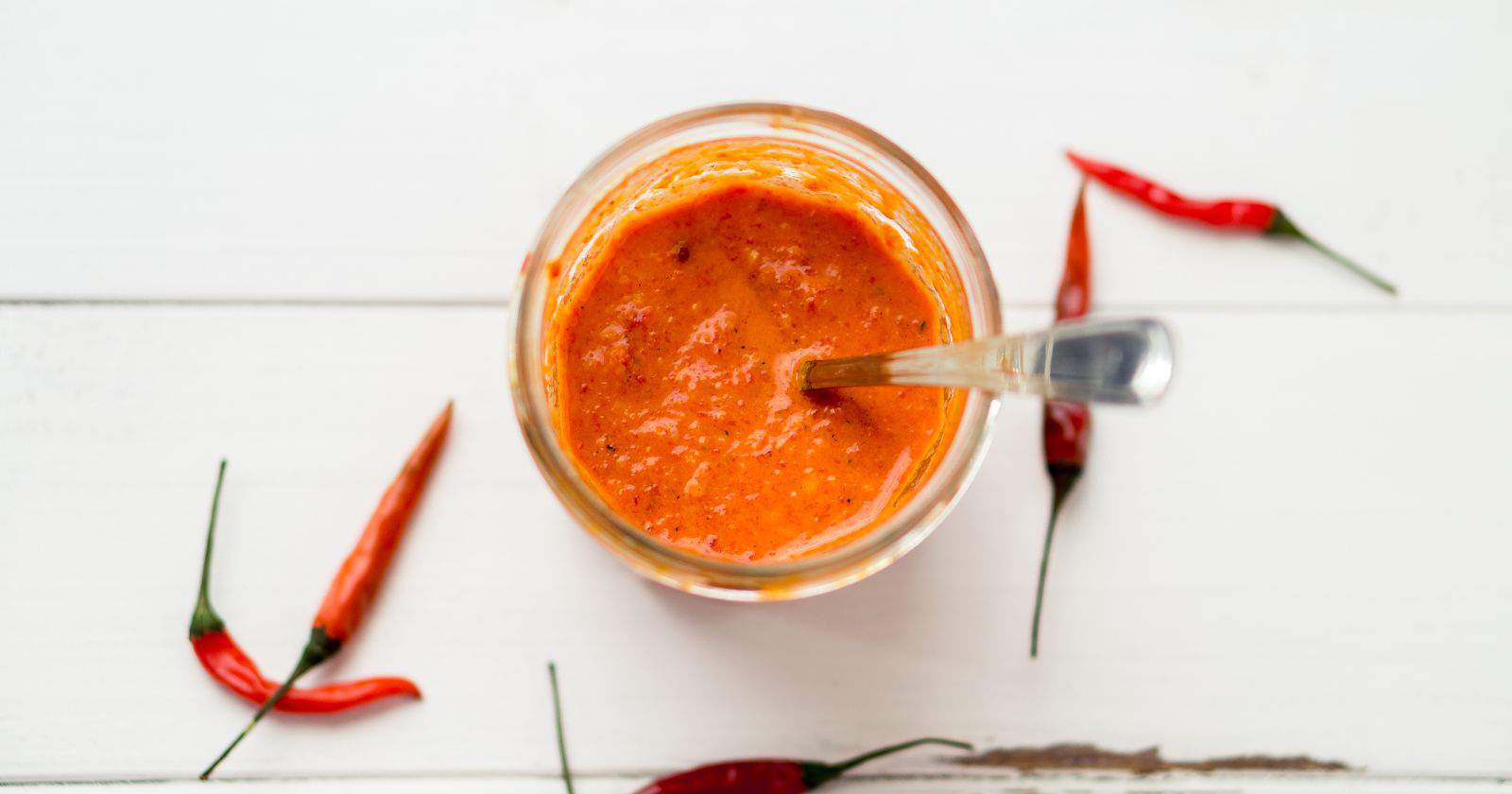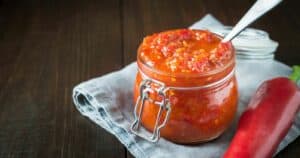That throbbing, aching pain in your big toe just won’t go away. It hurts to walk, and even a light sheet over it at night causes severe discomfort. You’ve tried icing it, elevating it, and popping anti-inflammatories to get relief from your gout flare up. But what about turning up the heat with some hot sauce? Could the spicy condiment actually help ease your pain?
The answer isn’t straightforward. Research on hot sauce and gout is limited. But some studies show promise. The chemical that gives hot sauce its kick, capsaicin, displays anti-inflammatory properties. When applied topically or ingested, it may reduce inflammatory compounds tied to gout attacks. However, capsaicin also boosts your metabolism and temporarily jacks up your blood pressure. For some gout sufferers, these effects could potentially trigger flare ups.
The best approach is to listen to your body. If you find hot sauce seems to aggravate your gout, avoid it. But if you enjoy spicy foods with no ill effects, there’s no solid evidence you need to take them off the menu. One tip is to choose your hot sauces wisely. Opt for natural brands without excessive preservatives, stabilizers and artificial ingredients. These can create more inflammation. And as with any change to your diet, speak with your doctor first if you have concerns.
The debate continues on whether hot sauce harbors healings powers for gout. Read on as we dive into the research and hear first-hand accounts from real gout sufferers on their experiences with hot sauce.
Hot Sauce Ingredients and Gout
The chemical that gives hot sauce its kick, capsaicin, displays anti-inflammatory properties. When applied topically or ingested, it may reduce inflammatory compounds tied to gout attacks.
However, capsaicin also boosts your metabolism and temporarily jacks up your blood pressure. For some gout sufferers, these effects could potentially trigger flare ups.
Additionally, it’s important to choose your hot sauces wisely. Opt for natural brands without excessive:
- Preservatives
- Stabilizers
- Artificial flavors
- Artificial colors
These extra ingredients can create more inflammation.
Research on Hot Sauce and Gout
Several studies have looked at the potential gout-fighting abilities of hot sauce and capsaicin:
- A 2020 study found capsaicin decreased uric acid levels in mice with artificially induced gout. High uric acid causes the painful gout crystals to form in joints.
- An older 2007 study showed capsaicin temporarily lowered blood levels of inflammatory markers linked to gout pain and swelling.
- Multiple studies reveal capsaicin cream, when applied topically, can reduce arthritis pain. Since gout is a form of inflammatory arthritis, researchers speculate similar topical benefits.
However, human studies are still limited. More research is needed to definitively conclude hot sauce or capsaicin can prevent or treat gout.
Hot Sauce and Gout Flare Ups
Anecdotal reports from gout sufferers on hot sauce are mixed.
Some patients claim spicy foods appear to trigger painful gout attacks. They note flare ups occurring after eating hot sauces, peppers, curries, etc.
On the other hand, some gout patients are avid hot sauce fans with no problems. Interestingly, a few even report milder gout symptoms when consuming spicier dishes.
So what gives?
The pepper itself may not be the direct cause of flares. But the dehydrating effect of spicy foods may contribute. Dehydration raises uric acid concentrations in the blood, making crystals more likely to form.
The safest approach is to listen to your unique body signals. Keep a food diary tracking when gout flares occur. If you find hot sauce seems to correlate, avoid it. But if you enjoy spicy foods with no ill effects, there’s no solid proof you need to take them off the menu.
Using Hot Sauce for Gout Relief
Based on limited evidence, can hot sauce provide gout relief during a flare up? Possibly.
Some patients report applying hot sauce or capsaicin cream directly to the affected joint eases their gout pain. The localized anti-inflammatory properties may decrease swelling and irritation.
However, always exercise caution placing hot sauce on sensitive inflamed skin. Start with a small amount first to avoid burns. Mix hot sauce with a carrier cream or oil to dilute if needed.
Consuming hot sauce may also provide mild pain relief by lowering inflammatory compounds throughout the body. But proceed with caution here as well. Eating spicy foods could potentially worsen flares for some gout sufferers.
Tips for Using Hot Sauce with Gout
If you want to incorporate hot sauce into your gout management routine, keep these tips in mind:
- Go natural. Choose organic hot sauces without additives like preservatives, artificial colors and flavors.
- Drink up. Stay well hydrated to counteract hot sauce’s dehydrating effects.
- Listen to your body. Note if hot sauce seems to correlate with your flares.
- Use sparingly. Start with small amounts of hot sauce to assess effects.
- Dilute before applying. Mix with oils or creams to prevent skin irritation.
- Talk to your doctor. Get their input on using hot sauce or capsaicin for gout relief.
The Bottom Line
More research is still needed on hot sauce and gout. But preliminary findings and anecdotal reports suggest spicy condiments may potentially hold healing powers for some gout patients.
Hot sauce likely affects individuals differently based on their unique health status and trigger factors. As with any change to your gout treatment plan, consult your healthcare provider first.
Work with your doctor to create a customized approach. Incorporate hot sauce safely if you find it provides flare relief. But avoid it if you notice it exacerbates your symptoms.
With the right precautions, a daily dose of hot sauce might just help cool the fiery pain of your gout.
FAQ: Hot Sauce and Gout
1. Does hot sauce cause gout flares?
There is no conclusive evidence that hot sauce directly causes gout flares. However, the dehydrating effects of hot, spicy foods may contribute to flares in some people. Each individual may react differently.
2. What ingredient in hot sauce helps with gout?
Capsaicin, the compound that gives hot sauce its heat, displays anti-inflammatory properties and may ease gout symptoms. But other ingredients like preservatives could exacerbate gout.
3. Should I apply hot sauce to my gout flare?
Some patients report relief applying diluted hot sauce or capsaicin cream topically. But always use caution, starting with small amounts to avoid skin irritation. Discuss with your doctor first.
4. Does hot sauce lower uric acid levels?
One animal study showed capsaicin reduced uric acid levels. But more research is needed to confirm if hot sauce definitively helps lower uric acid in humans.
5. Are all hot sauces okay for gout?
No. To minimize inflammation, choose organic hot sauces without additives like artificial colors/flavors, preservatives, etc. Avoid hot sauces with excessive sodium as well.





